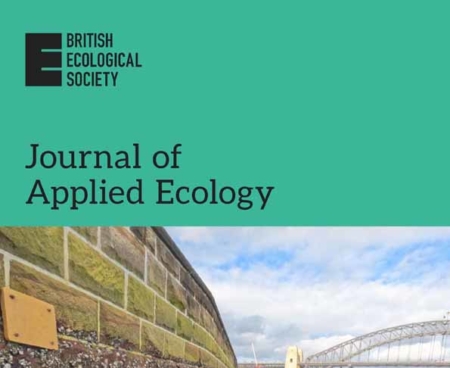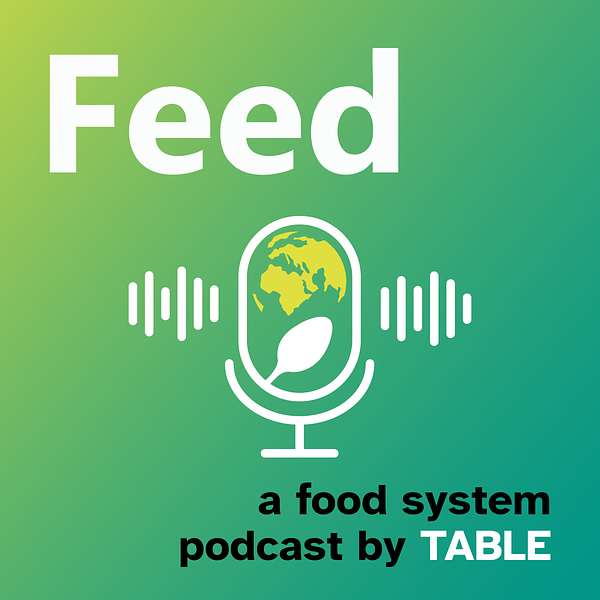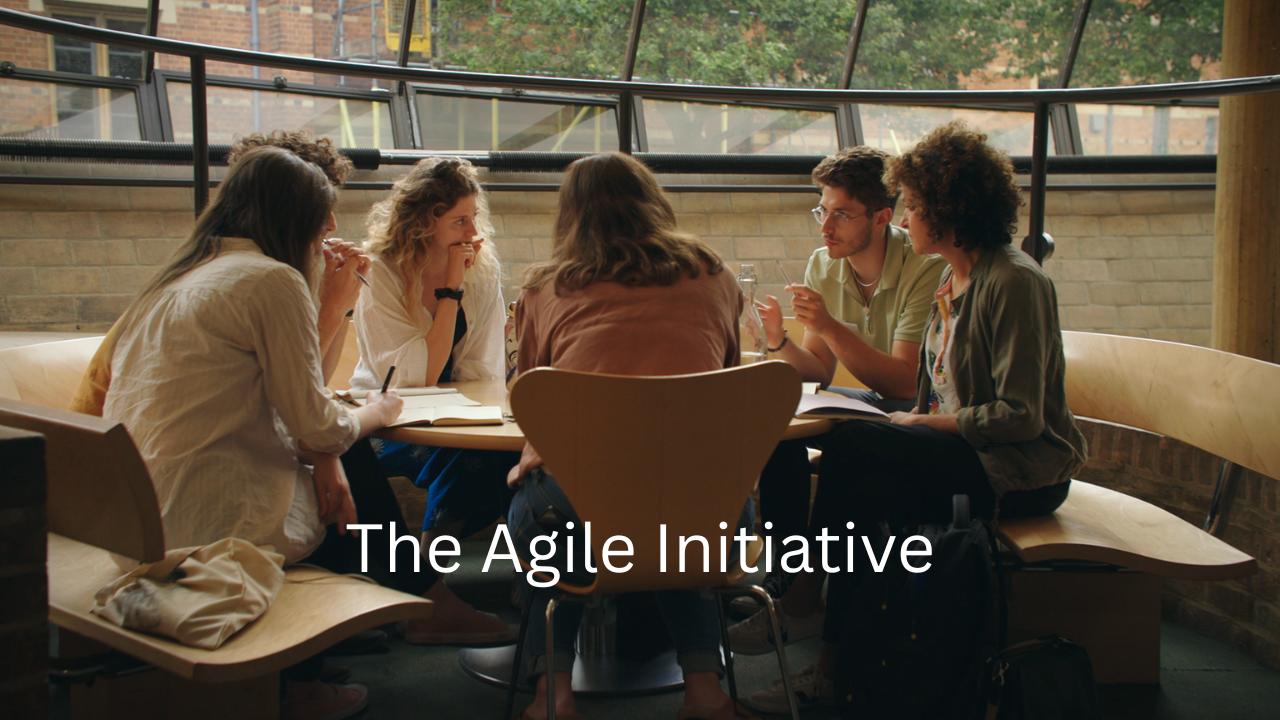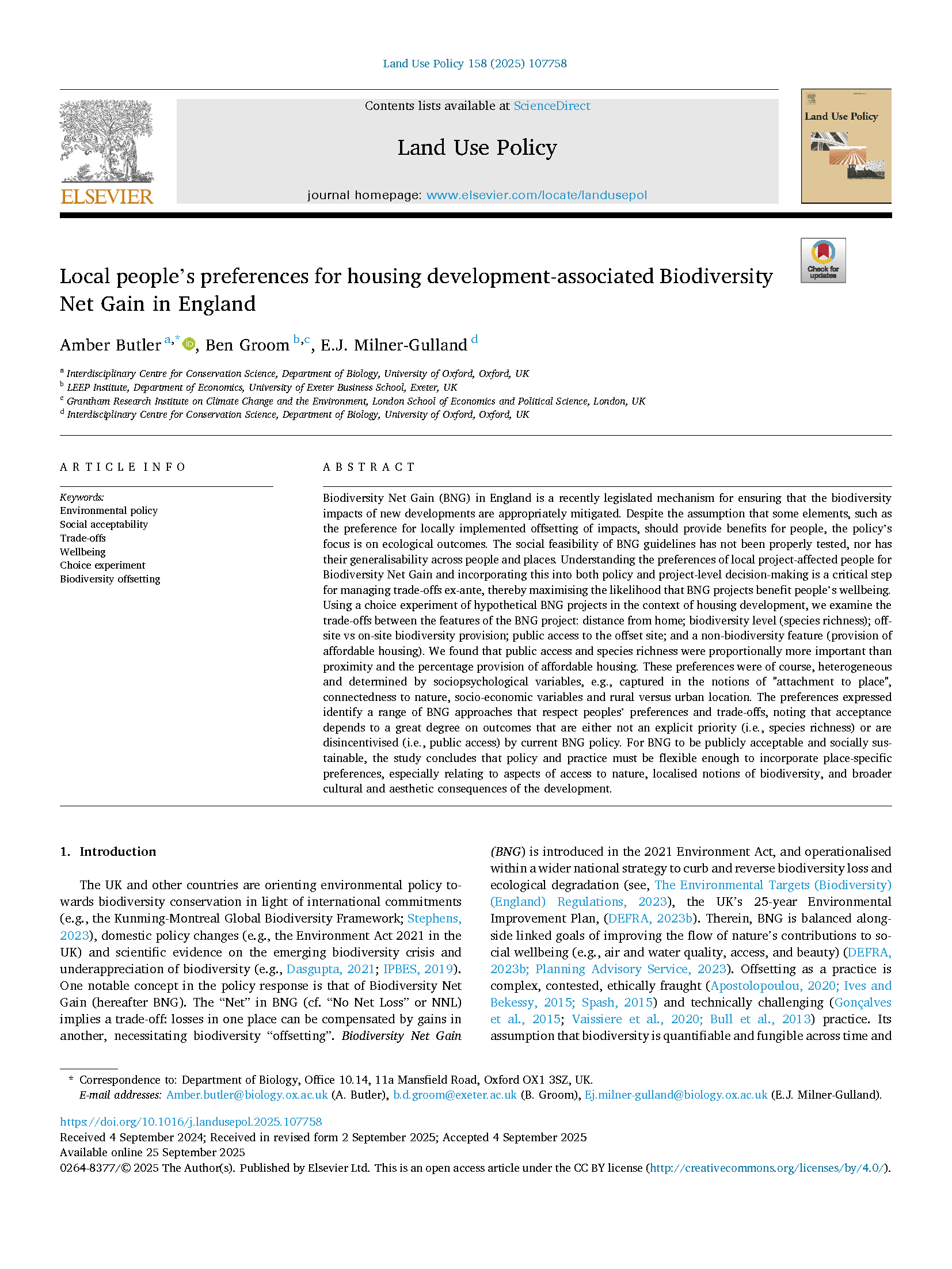Outputs
On this page you will find outputs from the individual Sprints, as well as outputs from the programme-level research and learning activities. You can filter by publication type or SDG goal, or browse all our outputs starting with the most recent.
Outputs
-

Workshop Report: Nature-based programmes for mental health and wellbeing in secondary schools
MoreThis Sprint report is about the deliberative policy action (DPA) workshop held in February 2025 which covered the values and challenges in implementing and evaluating nature-based programmes (NbPs) aimed at addressing mental health and wellbeing (MHWB) in secondary schools.
Associated Sprint: Is “nature” a policy solution to mental health in schools?
Associated SDGs: 11 Sustainable cities and communities, 13 Climate action, 3 Good health and well-being, 4 Quality education
-

Delivering win-wins from economic development and nature recovery
MoreA briefing aimed at parliamentarians and their advisors on how England can fulfil ambitious targets for both economic growth and nature recovery.
Associated Sprint: How do we account for biodiversity?
Associated SDGs: 11 Sustainable cities and communities, 12 Responsible consumption and production, 13 Climate action, 14 Life below water, 15 Life on land, 8 Decent work and economic growth
-

A globally influential area-condition metric is a poor proxy for invertebrate biodiversity
MoreIn this paper, the authors highlight the need to incorporate factors beyond habitat type and condition into site evaluations, and to complement metric use with species-based surveys.
Associated Sprint: How do we account for biodiversity?
Associated SDGs: 11 Sustainable cities and communities, 14 Life below water, 15 Life on land
-

Hunger on our doorstep (Part 2)
MoreHunger on our Doorstep is a two part podcast about food poverty in the UK. It explores the issues and potential solutions through the eyes of three food campaigners with firsthand experience of food poverty in urban communities, as well as others working to tackle the problem.
Associated Sprint: Can regenerative agriculture deliver nutritious food and a just food system?
Associated SDGs: 11 Sustainable cities and communities, 12 Responsible consumption and production, 15 Life on land, 2 Zero hunger, 3 Good health and well-being, 8 Decent work and economic growth
-

Hunger on our doorstep (Part 1)
MoreHunger on our Doorstep is a two part podcast about food poverty in the UK. It explores the issues and potential solutions through the eyes of three food campaigners with firsthand experience of food poverty in urban communities, as well as others working to tackle the problem.
Associated Sprint: Can regenerative agriculture deliver nutritious food and a just food system?
Associated SDGs: 11 Sustainable cities and communities, 12 Responsible consumption and production, 15 Life on land, 2 Zero hunger, 3 Good health and well-being, 8 Decent work and economic growth
-

Speeding up research with the Agile Initiative
MoreWe created this video to explain what Agile is, what we do, and why it’s important. Hear from researchers about the driving force behind Agile, why we co-create with partners, and the benefits of working in this way for impact and careers.
-
Shear-wave splitting measured for permanent reservoir monitoring systems: an example from the Snorre field
MoreIn this pre-print paper, the authors demonstrate that shear-wave splitting is a valuable dataset for monitoring the offshore subsurface stress field, which should be considered when planning offshore passive seismic monitoring.
Associated Sprint: What do we need to know to safely store CO2 beneath our shelf seas?
Associated SDGs: 13 Climate action, 14 Life below water, 9 Industry, innovation and infrastructure
-
Passive Monitoring of in situ Stress Using Shear-Wave Splitting: Applications to CO2 Storage and Beyond
MoreCharacterising the in situ stress field is important for a range of industrial applications, such as geological CO₂ storage. In this pre-print, the authors demonstrate the potential of shear-wave splitting as a passive measure of in situ stress and the challenges that remain.
Associated Sprint: What do we need to know to safely store CO2 beneath our shelf seas?
Associated SDGs: 13 Climate action, 14 Life below water, 9 Industry, innovation and infrastructure
-

Local people’s preferences for housing development-associated Biodiversity Net Gain in England
MoreIn this paper, authors Amber Butler, Ben Groom and E.J. Milner-Gulland write that, in order to be publicly acceptable and socially sustainable, biodiversity net gain policy and practise must be flexible enough to incorporate place-specific preferences.
Associated Sprint: How do we account for biodiversity?
Associated SDGs: 11 Sustainable cities and communities, 14 Life below water, 15 Life on land
-
Basin-scale development of giant collapse structures induced by gypsum diagenesis
MoreIn this paper, the authors use seismic and borehole data from the Southern North Sea Basin to document previously unrecognized, basin-scale collapse structures within the Permian Zechstein Supergroup.
Associated Sprint: What do we need to know to safely store CO2 beneath our shelf seas?
Associated SDGs: 13 Climate action, 14 Life below water, 9 Industry, innovation and infrastructure
-
DPA Workshop Summary: Nature-based programmes for mental health and wellbeing in secondary schools
MoreThis 1 page summary outlines the key takeaways from the Sprint's deliberative policy action workshop held in February 2025. The workshop explored the value & challenges of implementing & evaluating nature-based programmes aimed at addressing mental health & wellbeing in secondary schools.
Associated Sprint: Is “nature” a policy solution to mental health in schools?
Associated SDGs: 11 Sustainable cities and communities, 13 Climate action, 3 Good health and well-being, 4 Quality education
-

Equality Impact Assessment Template
MoreWe welcome the adaptation of this EIA template for the purposes of external research projects.


